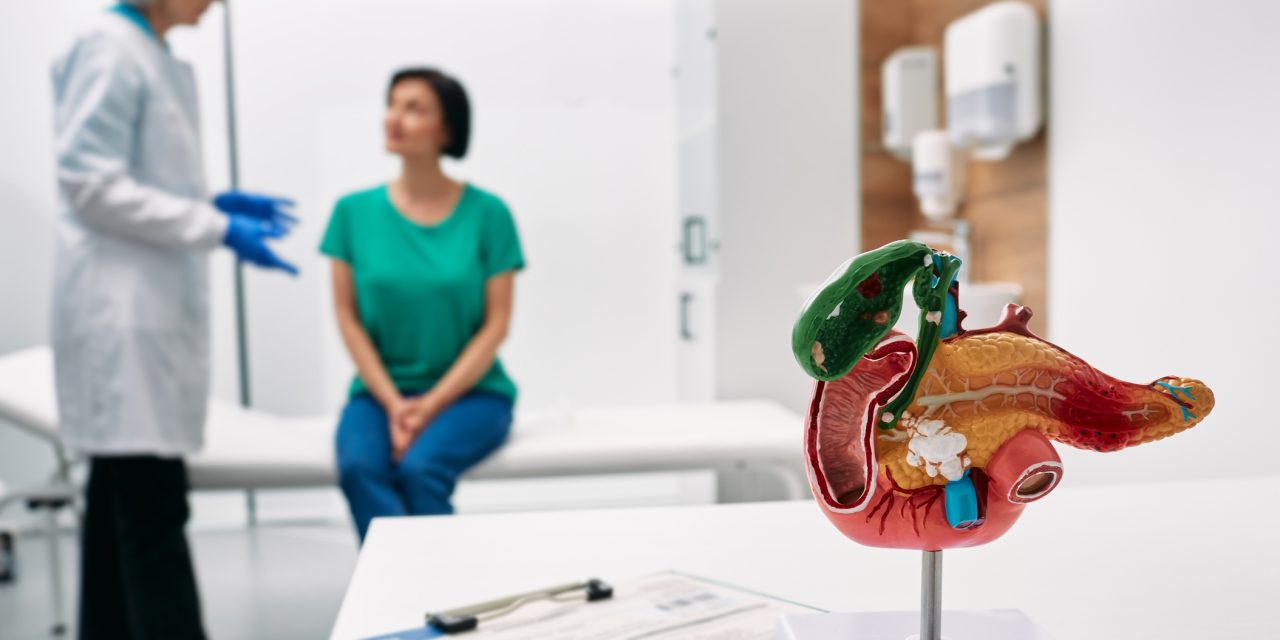Vagina atrophy is a common symptom in women after menopause owing to decreasing estrogen levels. The most conventional treatment for this condition is estrogen cream. The shortcoming is its weak adhesion to the vagina mucus, thus requiring frequent daily application. In this study, BDDE was selected to crosslink and graft chitosan with thioglycolic acid, to form thiolated chitosan (CT) and improve the mucoadhesive properties of chitosan. Genistein was selected as the bioactive molecule that could exhibit estrogen-like properties for long-term treatment of vaginal atrophy. The efficacies of the materials were characterized and evaluated both in vitro and in vivo. Results showed that the mucoadhesive property of CT was approximately two-fold stronger against the constant flow than unmodified chitosan. CT with genistein (CT-G) was administered intravaginally every three days in vivo. It showed that the developed CT-G recover 54 % of the epithelium thickness of an atrophic vagina and ease vaginal atrophy.Copyright © 2021 Elsevier Ltd. All rights reserved.
Synthesis, characterization, and evaluation of BDDE crosslinked chitosan-TGA hydrogel encapsulated with genistein for vaginal atrophy.


